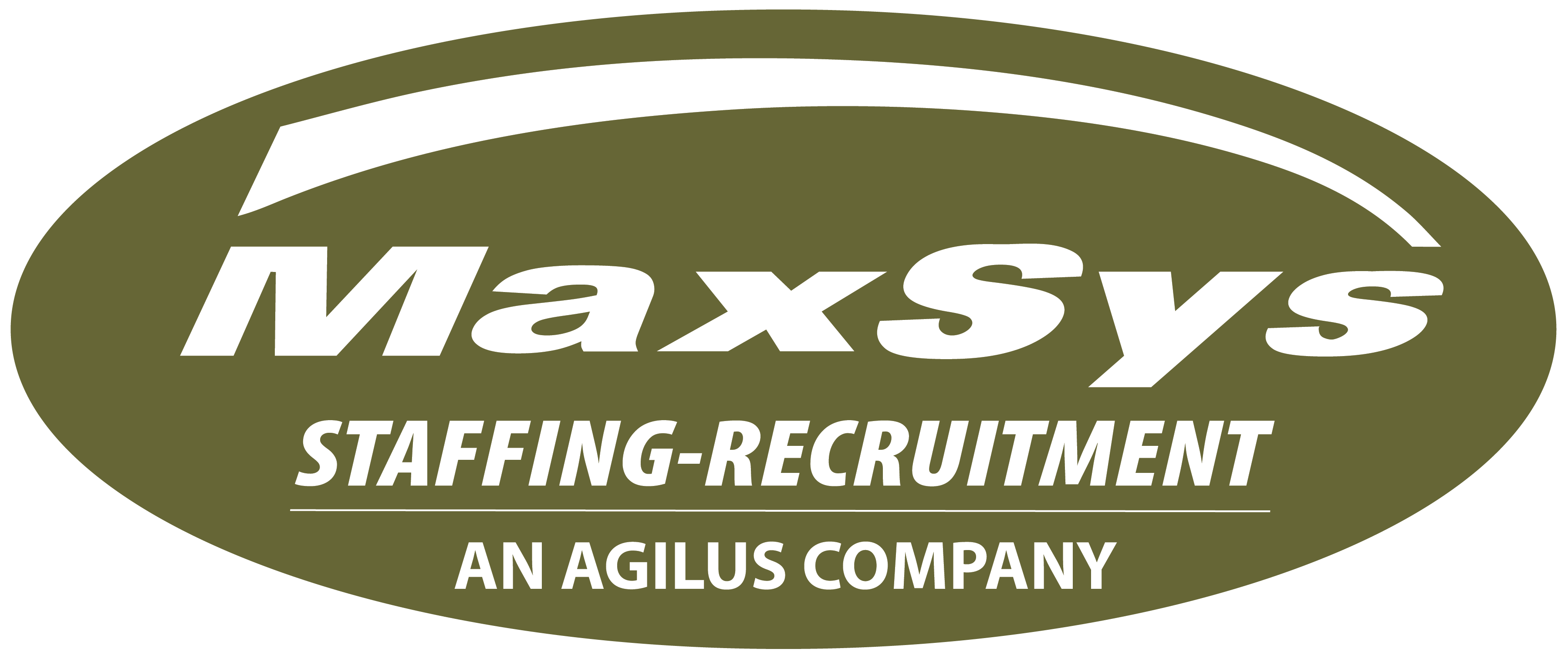February 13, 2024
MERIT BASED RECRUITMENT
The private sector has been using merit-based recruitment in hiring and training for decades. This means HR leaders and hiring managers are focusing on skills and experience as well as, education and degrees.
In some cases, private sector companies used to rely on experience listed on applicants’ resumes and education when they evaluated candidates. However, they are turning to merit-based recruitment mainly because studies show degree requirements exclude qualified candidates. In research studies conducted with Harvard Business School, three out of five HR leaders and senior executives admitted that they rejected qualified talent solely because an applicant did not have a degree.
What Is Merit-Based Recruitment?
Merit-based recruitment is a skills-based talent management strategy where candidates are required to prove they have the abilities, knowledge, and skills required for a job. This means applicants must complete skills assessments instead of simply submitting a resume or completing a job application.
Skills-based hiring differs from traditional hiring methods because employers no longer evaluate candidates solely based on degrees and work experience. Instead, HR teams and hiring managers rely on skills test results to measure applicants’ actual abilities without regard to how they obtained the knowledge and expertise.
Merit-based recruitment extends beyond hiring because HR teams can use skills assessments to enhance employee development efforts. Reviewing skills test results shows which employees are ready to be promoted or could be with additional training. HR managers can develop personalized training programs to help employees succeed in their new roles and learn skills that will prepare them for a promotion.
For example, MaxSys clients can use the various online Skills Tests to evaluate leadership potential and include questions from the Verbal Communication and Emotional Intelligence skills assessments. If an employee is being considered for a position that requires a lot of interaction with other teams or managers, they can also include questions from the Teamwork and Collaboration skills assessments.
Benefits of Merit-Based Recruitment
The benefits of this approach include:
Improve Hiring Outcomes: Organizations have learned that applicants may have the right knowledge even though they lack a college degree. They also want to hire the best person for the job and know that hiring mistakes can cost hundreds or even thousands of dollars. Labor statistics show the cost of a bad hire can be as high as $240,000, depending on the company, industry sector, and job role, not including the cost of repeating the screening and hiring process.
Decrease Hiring Costs: Implementing skills-based talent management can lower hiring costs and expedite time-to-hire. This means HR teams can complete the screening process more quickly and efficiently. As a case in point, many MaxSys clients who have implemented merit-based recruitment have reduced hiring costs by 70% and time-to-hire by 60%.
Combat the Talent Shortage: The shortage of skilled workers is making it challenging for organizations in all industries to find top talent and build a strong candidate pool. Transitioning from degree-centric hiring to a skills-based talent management strategy can help them close the skills gap because it encourages applicants who otherwise might have been discouraged from applying to consider opportunities. Likewise, the organization can take advantage of talent that has the required job skills but lacks a college degree.
Avoid Civil Litigation: Each year, the labour ministry receives thousands of discrimination complaints from applicants who claim employers engaged in unfair hiring practices. Organizations minimize potential liability by implementing skills-based hiring practices because all hiring and promotion decisions are based on quantitative data.
Mitigate Unconscious Bias: Implementing a merit-based recruitment process minimizes the chance of subjective bias influencing hiring and promotion decisions because all candidates are asked the same questions in the same order. Controlling and preventing unconscious bias is important because fighting discrimination lawsuits is time-consuming and expensive and can damage an organization’s brand and reputation. Plus, paying damages can cost them millions if they are held liable.
Reduce Turnover: Implementing a skills-based hiring strategy helps organizations retain top employees. Top producers will not be tempted to look for other opportunities if they know their hard work will be rewarded, they have a chance to be promoted, and can get the training they need to meet their career goals. They also see hiring and promotional decisions are based on candidates’ skills and abilities. So, they know they will be working on a top-quality team.
How Organizations Implement Skills-Based Hiring
To implement a merit-based recruitment process, evaluate job postings and position descriptions, and identify the skills and abilities necessary for each position. Then revise job postings to highlight required attributes and list a degree as a “preferred” instead of a “required” qualification. The HR team should then define how they will measure applicants’ skills and abilities. Most organizations add skills assessments to their hiring process.They also use skills tests to evaluate existing employees’ abilities to proactively manage training and employee development.



